Category: Ballot measures
-
Nevada voters will decide whether to add an equal rights amendment to the state constitution
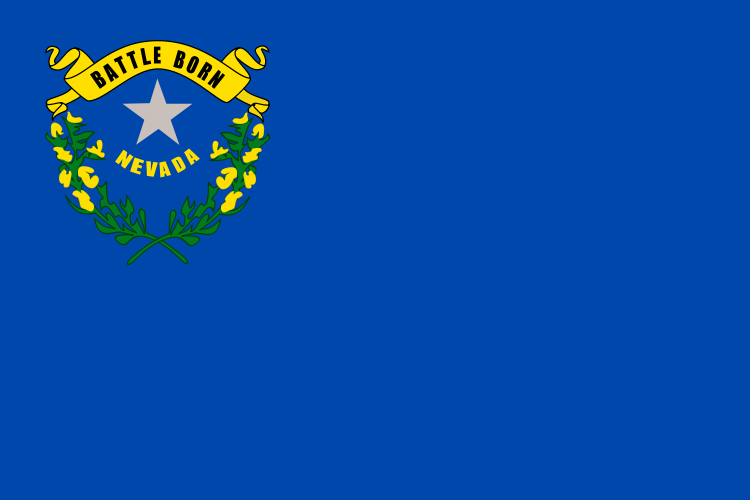
In November 2022, Nevada voters will decide whether to add the following language to Article 1 of the state Constitution: “Equality of rights under the law shall not be denied or abridged by this State or any of its political subdivisions on account of race, color, creed, sex, sexual orientation, gender identity or expression, age,…
-
New Mexico voters will decide whether to increase funding for early childhood education and public schools
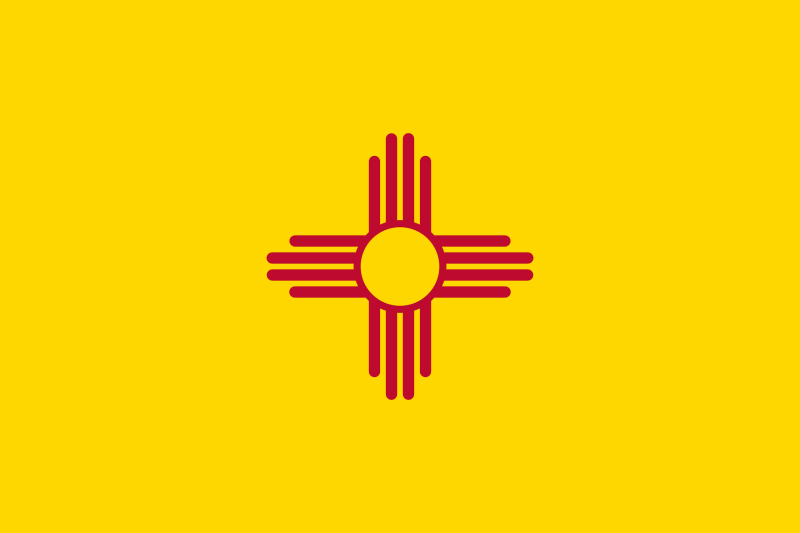
On March 18, the New Mexico State Legislature voted to send a constitutional amendment to the ballot that would allocate 1.25% of the five-year average of year-end market values of the money in the Land Grant Permanent Fund (LGPF) to early childhood education and the public school permanent fund. Revenue in the LGPF comes from…
-
Deadline for Nevada State Legislature to vote on sales and gaming tax measures passes, sending the pair of initiatives to the ballot

The deadline for the Nevada State Legislature to act on two indirect initiated state statutes—the Gaming Tax Increase on Monthly Revenue above $250,000 Initiative and the Sales Tax Increase for Public Schools Initiative—was Friday, March 12. The legislature did not enact the measures by the deadline, which sent them to the ballot in November 2022.…
-
Kentucky legislature certifies amendment to authorize changes to legislative session end dates and special sessions

On March 15, the Kentucky State Legislature voted to send a constitutional amendment to voters in November 2022 that would authorize the legislature to change legislative session end dates through a three-fifths vote in each chamber. It would also authorize the House speaker and Senate president to jointly call a special legislative session for up…
-
Ballot measures proposed in response to coronavirus and emergency powers
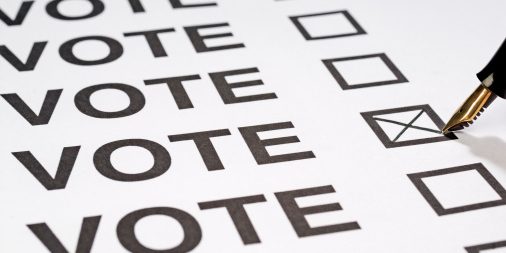
The coronavirus pandemic has shaped the political landscape of the United States, including the powers of governors and state legislatures. Changes have been proposed in response to the pandemic or pandemic-related regulations and restrictions. Some of these changes, such as state constitutional amendments, require ballot measures for ratification. Others are citizen-initiated proposals, meaning campaigns collect signatures…
-
Austin voters will decide eight ballot measures on May 1, including ranked-choice voting and police oversight

On May 1, Austin, Texas voters will decide eight ballot measures. All but one, Proposition C, were put on the ballot through initiative signature petition drives. Proposition A was sponsored by the Austin Firefighters Association, Local 975. The measure would amend the city’s charter to require the city and firefighters association to participate in binding arbitration…
-
Utah to vote in 2022 on increasing the limit on appropriations the state legislature can make in an emergency session
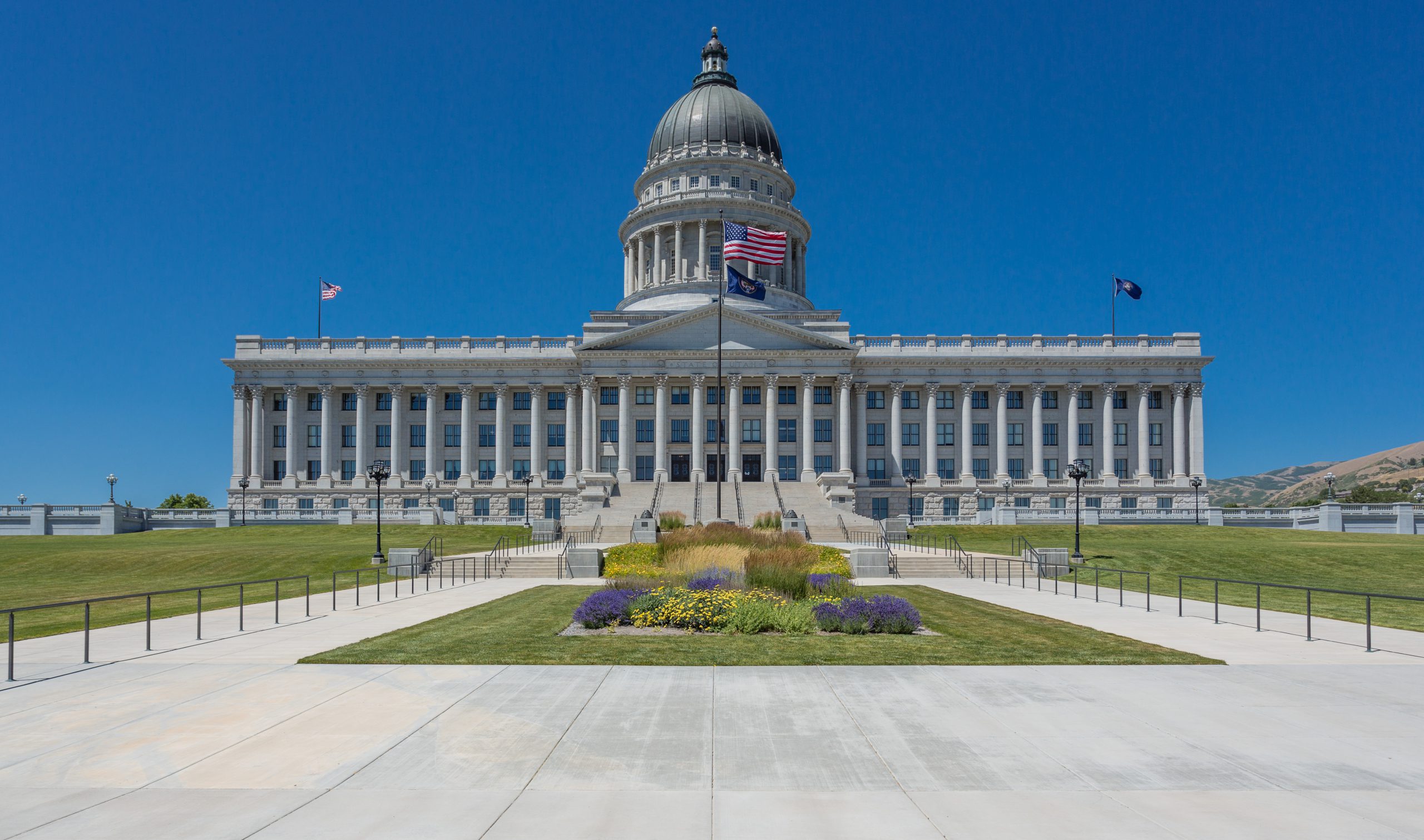
The Utah State Legislature adjourned its 2021 session on March 5, 2021, after approving a constitutional amendment that would increase the limit on appropriations the state legislature can make in an emergency session. It would increase the limit on appropriations from 1% to 5% of the total amount appropriated by the Legislature for the immediately…
-
San Antonio voters to decide whether to repeal collective bargaining for the police union in May
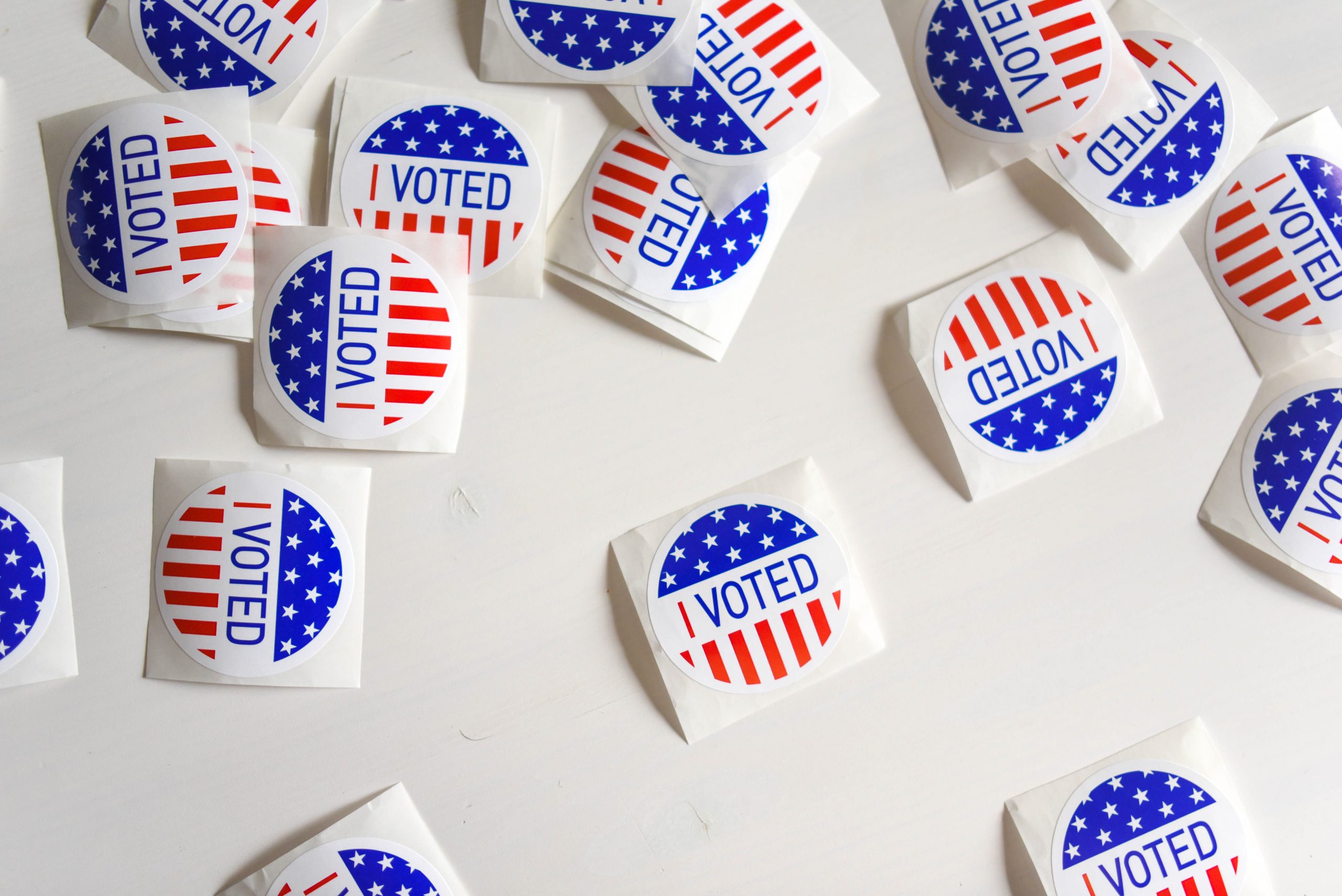
On May 1, San Antonio voters will decide whether to repeal local authority for collective bargaining with the San Antonio Police Officers Association. Currently, under Chapter 174 of state law, cities are allowed to negotiate with police and firefighter unions through collective bargaining to determine compensation, hours, and other conditions of employment. Chapter 174 also…
-
South Dakota will decide an amendment requiring 60% voter approval for measures raising taxes in June 2022
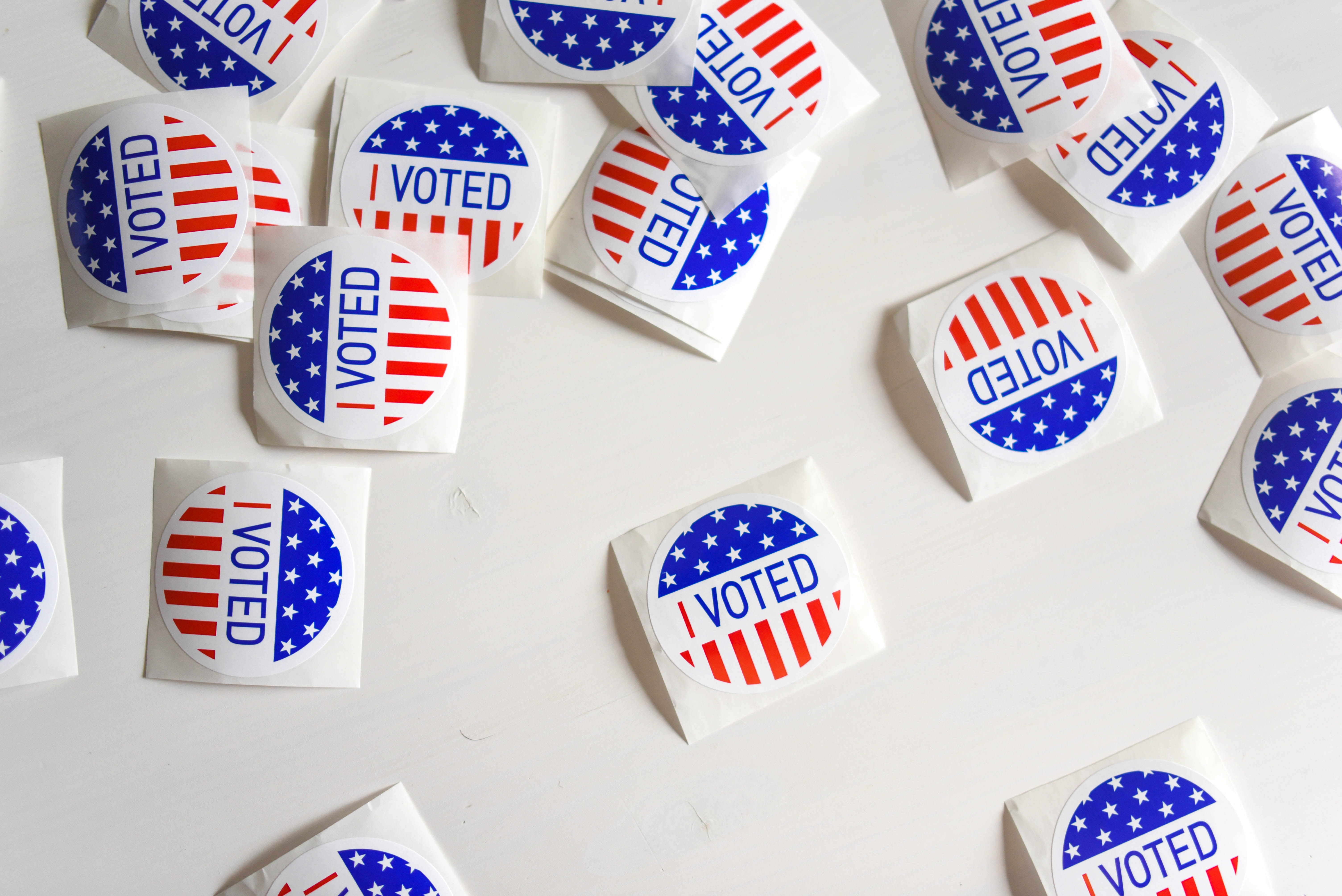
South Dakota voters will decide June 7, 2022, on a constitutional amendment that would require three-fifths (60%) voter approval for any future ballot measures that would increase taxes or fees or that would require the state to appropriate $10 million or more in the first five fiscal years. The requirement would apply to constitutional amendments…
-
Rhode Island voters approve $400 million in bonds in special election

Voters in Rhode Island approved all seven bond measures—totaling $400 million—in a special election on March 2. The Rhode Island Legislature referred the questions to the ballot. Here are the details for all seven approved measures: Question 1: Authorized $107.3 million in bonds for the University of Rhode Island Fine Arts Center, the Rhode Island…

